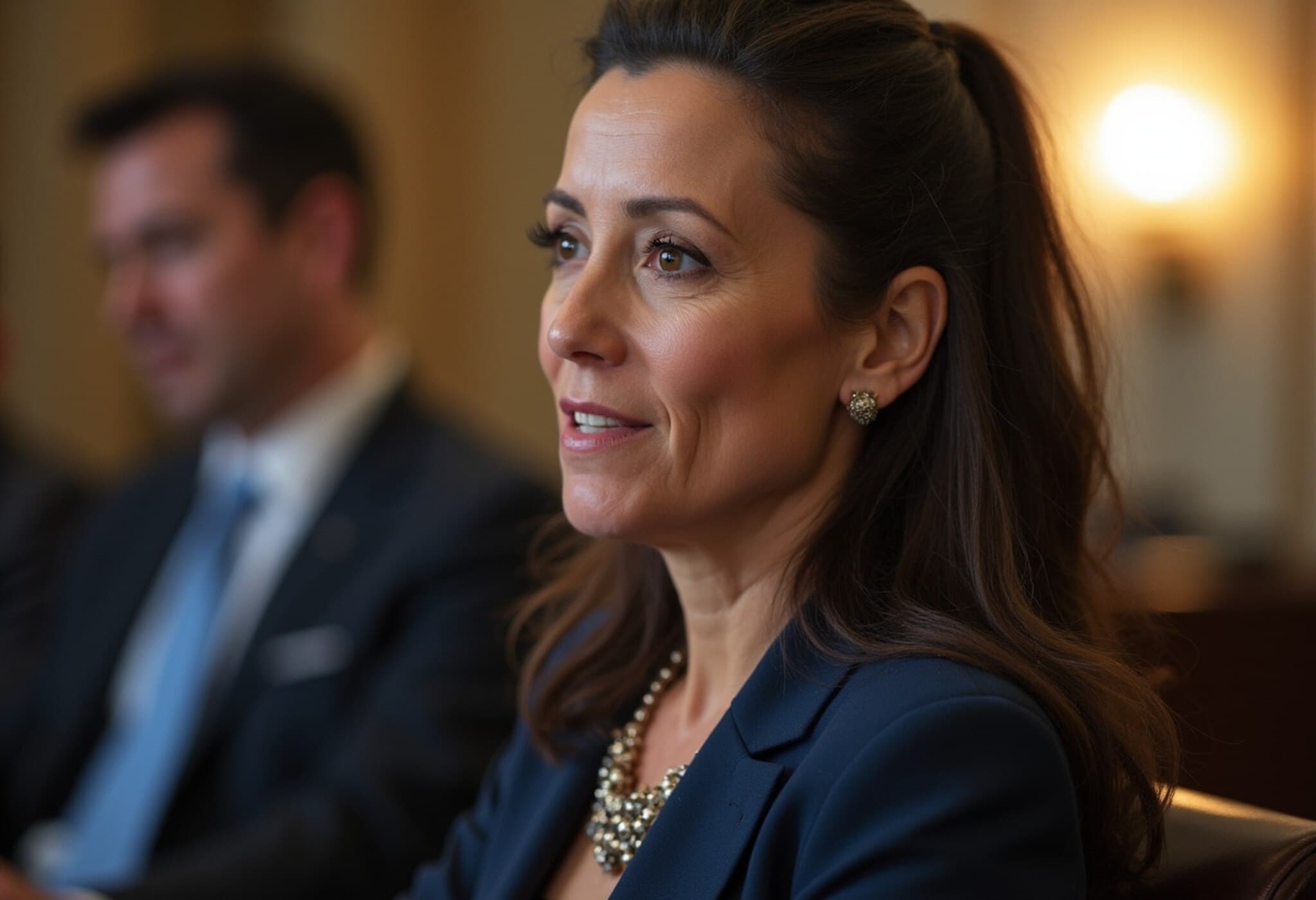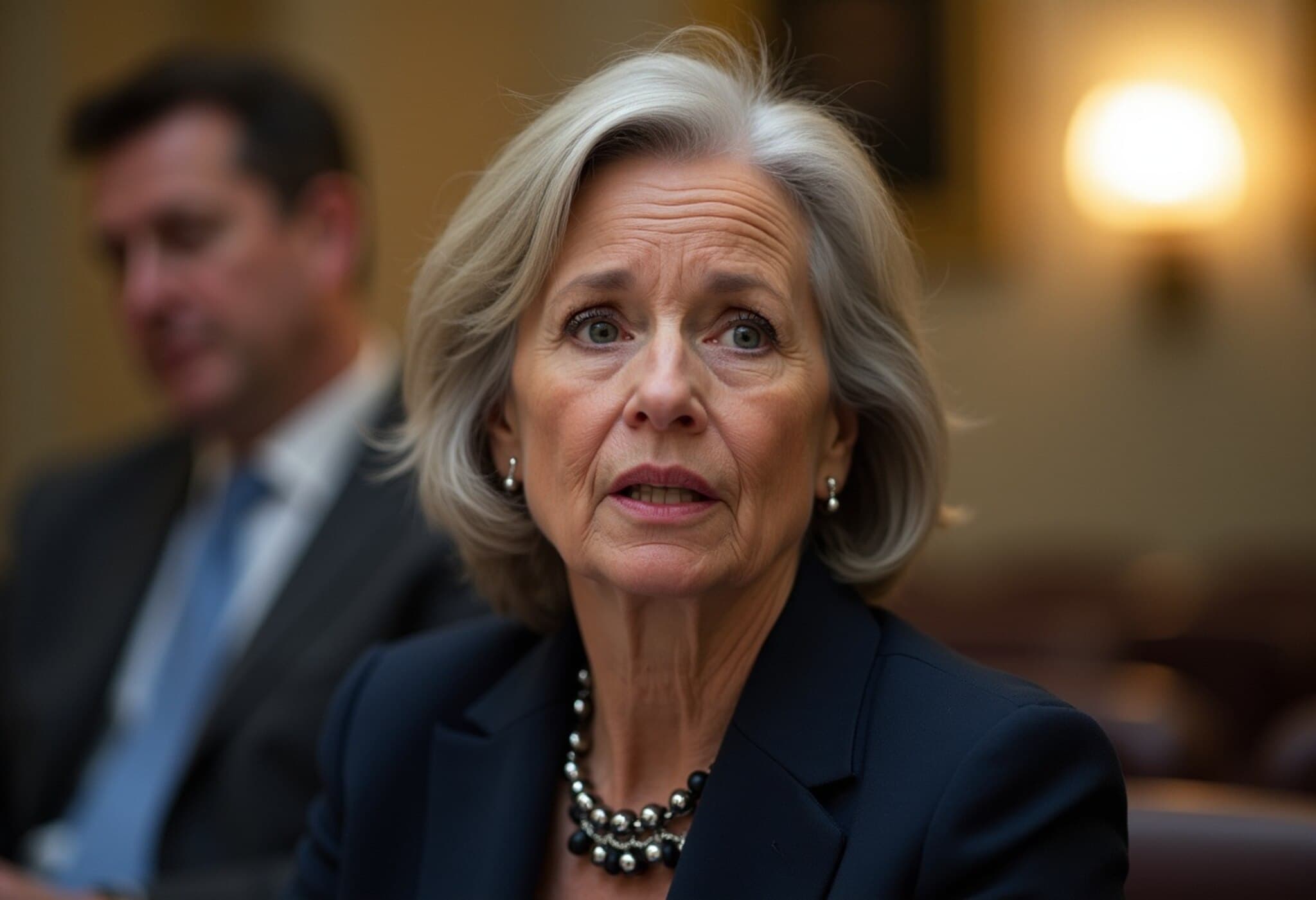Whistleblower Raises Alarm Over Social Security Data Exposure
In a startling revelation that threatens to shake public confidence in government data security, Charles Borges, Chief Data Officer at the Social Security Administration (SSA), has blown the whistle on the Department of Government Efficiency (DOGE) for allegedly transferring one of the nation’s most sensitive databases—the NUMIDENT repository—to a private cloud environment.
What’s at Stake?
The NUMIDENT database holds Social Security information for nearly 550 million records, including social security numbers, full names, birthdates, and addresses. Such comprehensive personal data, if compromised, could open floodgates to widespread identity theft, jeopardize access to crucial benefits like healthcare and food assistance, and prompt an unprecedented government expense to issue new Social Security numbers nationwide.
Key Allegations and Legal Concerns
Borges asserts that DOGE’s transfer of data occurred in June 2025 without proper oversight and in direct violation of federal regulations governing personal data security. He accuses SSA’s Chief Information Officer, Aram Moghaddassi—a known associate of Elon Musk—of bypassing established agency policies to install a 'live copy' of sensitive information in a cloud system lacking thorough security audits.
"These actions represent gross mismanagement and a disregard for public safety," Borges emphasized, highlighting his exclusion from pivotal discussions and forcing him to reconstruct these developments retroactively.
Judicial Backdrop
Earlier attempts to block DOGE’s access to Social Security data were temporarily successful when a federal judge imposed restrictions. However, the Supreme Court overturned these limitations in June, removing barriers to the data transfer and leaving the cloud storage vulnerable due to reportedly insufficient independent security protocols.
Government Response and Public Reassurance
SSA spokesperson Nick Perrine reassured the public, noting, "SSA stores all personal data in secure environments with robust safeguards." He emphasized that this sensitive information remains isolated from internet access and under strict supervision by SSA’s information security team. Perrine further insisted, "We are not aware of any compromise and remain committed to protecting personal data."
Expert Insights: Implications for Policy and Public Trust
This incident surfaces critical questions about the U.S. government’s increasing reliance on cloud technologies for storing citizens’ essential data. While modernization offers efficiency, the oversight gaps highlighted here reflect a broader need to reevaluate data governance frameworks and cybersecurity protocols in federal agencies.
Policy analysts warn that if such large-scale data transfers continue without transparency and rigorous security audits, the nation risks potential breaches that could undermine public trust and catalyze identity theft at historic levels.
Looking Ahead
- Will Congress initiate hearings to investigate the digital transfer and oversight failures?
- How will SSA enhance transparency and stakeholder involvement in managing sensitive data?
- Could this serve as a wake-up call for the wider federal government to tighten cloud security standards?
Editor’s Note
This unfolding story underscores the paradox of digitizing critical government functions: while technology facilitates accessibility and efficiency, it simultaneously elevates vulnerabilities—especially when oversight is lax. As millions depend on Social Security systems for identity verification and social support, safeguarding this data must move beyond lip service to become a national security priority. How federal agencies respond will set a precedent for data stewardship in government for years to come.



















